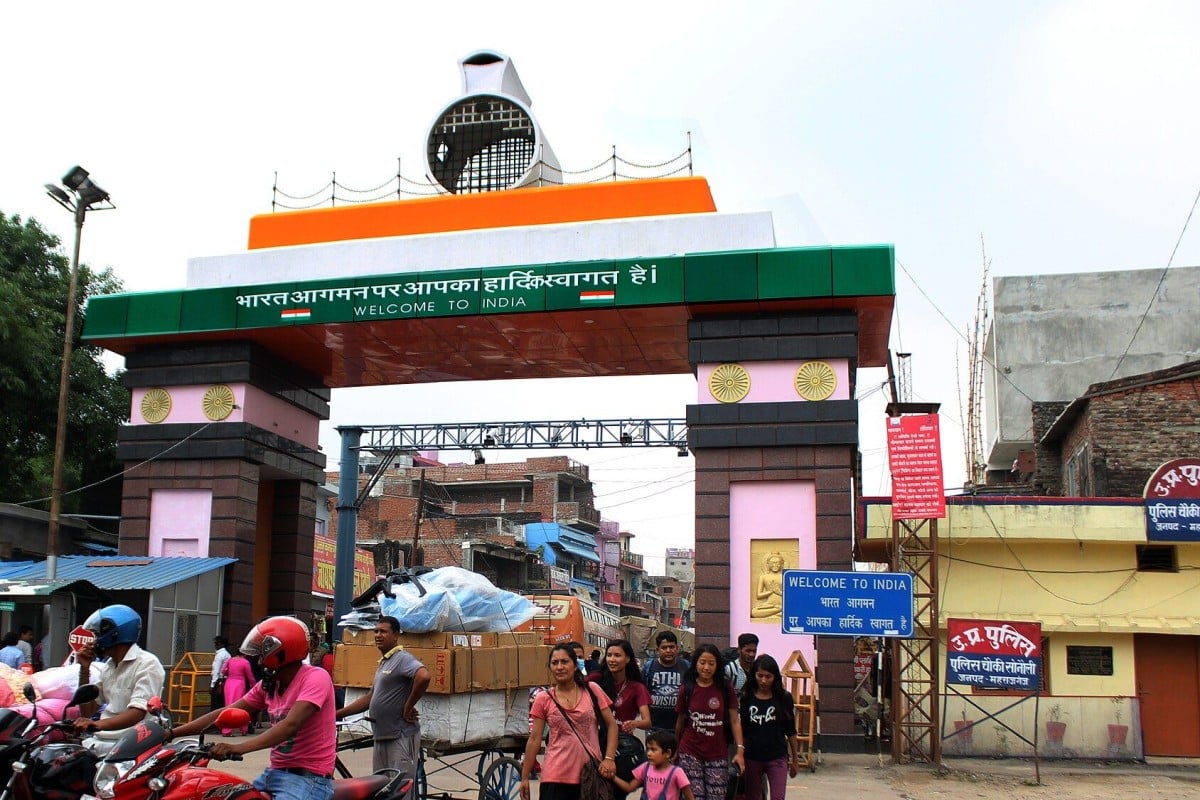Chinese Embassy in Nepal Issues Third Warning Against India Border Travel Following Arrests

The Chinese embassy in Nepal has issued yet another warning urging its citizens not to approach the Nepal-India border after two Chinese nationals were arrested by Indian authorities for allegedly taking photos and videos in the sensitive border region.
This is the third advisory issued in the past month, reflecting heightened concern from Chinese officials over the risks their citizens face near the porous and loosely marked border shared by Nepal and India.
According to the embassy’s social media update on Friday, some Chinese nationals have ignored repeated warnings and entered the border area, resulting in multiple arrests by Indian forces on charges of illegal entry. The statement emphasized that both Nepal and India have recently intensified patrols and security inspections in the area.
The embassy highlighted that, although Nepalese and Indian citizens can move freely across their shared border using identity documents, foreign nationals—including Chinese visitors—must obtain proper visas to legally cross into India. Without valid documentation, any accidental entry into Indian territory could result in immediate arrest, prosecution, and a potential prison sentence ranging from two to eight years, along with financial penalties.
The latest arrests occurred on Thursday at the Jatahi-Pipraun crossing, located on the border between India’s Bihar state and southeastern Nepal. The two Chinese nationals were reportedly spotted taking photos late Wednesday evening in the no-man’s-land between the two countries.
Indian police identified the individuals as Wu Hailong, 38, from Liaoning province, and Sheng Junyong, 30, from Anhui province. Both were traveling in Nepal prior to the incident and are now in judicial custody. According to the police, they did not possess valid entry visas for India. During interrogation, the men claimed they were simply “curious” and enjoyed photography, but authorities found photos taken near the border on their phones.
Despite speculation, police denied the presence of any anti-India material on the devices.
These developments come in the backdrop of increased border vigilance following India’s recent military campaign, Operation Sindoor, launched earlier this month in retaliation to a terror attack in Pahalgam, Indian-administered Kashmir, which claimed 26 civilian lives. The operation targeted suspected militant hideouts in Pakistan and Pakistan-administered Kashmir and concluded with a ceasefire after four days of strikes.
Since then, Indian security forces have stepped up surveillance across multiple border points, including those adjacent to Nepal, where Madhubani district alone shares a 100-kilometer boundary.
With three Chinese nationals now detained since the operation began, the Chinese embassy has reiterated its warning in strong terms, urging travelers to avoid the region altogether for their safety.




![From Kathmandu to the World: How Excel Students Are Winning Big [Admission Open]](https://nepalaaja.com/img/70194/medium/excel-college-info-eng-nep-2342.jpg)
